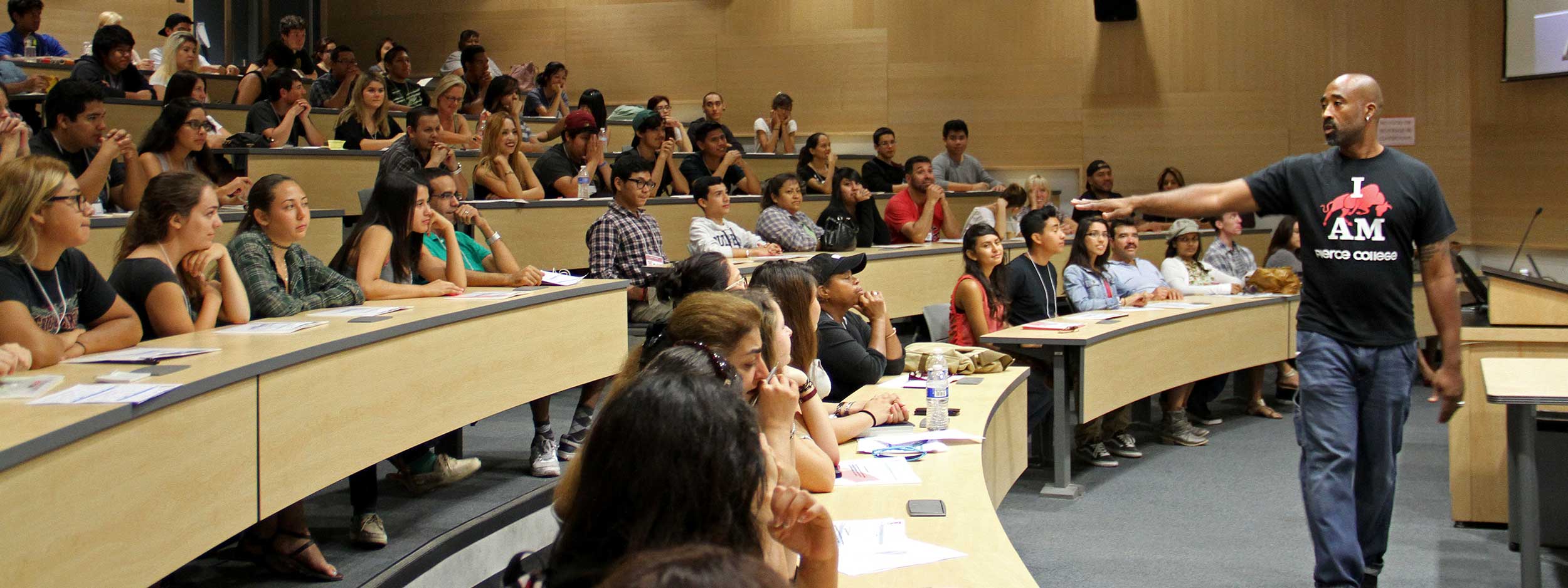Spring 2009
Committee:
Relations with Local Senates Committee, Academic Senate Liaisons
Whereas, The California Education Code §§76060 -76067 affords student organizations the opportunity to exist and the Ralph M. Brown Act in California Government Code §54953 requires all legislative bodies of a local agency to have open access to the public and be transparent, and associated student bodies are required to comply with the Brown Act;
Whereas, Many colleges require students participating in student governments in the California Community College System to enroll (or highly suggested that student enroll) in student leadership courses;
Whereas, There are a variety of legal and ethical complications with this practice including: 1) classes require students to enroll, resulting in having to pay to be a part of student government; 2) the Ralph M. Brown Act requires open meetings and closed class sessions combined cause limitations for scheduling meetings; 3) some class activities may require students to violate their student body governing documents; and 4) student government participants may be subject to instructor influence to achieve a good grade, which may interfere with their role in student government or individual free speech limitation, as well as open them up to potential retaliation because of different philosophies; and
Whereas, Faculty have academic freedom and control over their class, which can cause conflict as students have no legal say over how the class runs the student government meetings, which ultimately diminishes the power of the student voice and role in self governance;
Resolved, That the Student Senate for California Community Colleges work with the Academic Senate for California Community Colleges to explore the practices on local campuses that impede students’ rights to participate in college governance, particularly as it relates to the development of student government courses; and
Resolved, That the Student Senate for California Community Colleges request a Chancellor’s Office legal opinion to address concerns when an academic class is integrated with official meetings of the student government, including the question of requiring enrollment in any class as part of student government and the ramifications of not complying with the Brown Act.
Whereas, Many colleges require students participating in student governments in the California Community College System to enroll (or highly suggested that student enroll) in student leadership courses;
Whereas, There are a variety of legal and ethical complications with this practice including: 1) classes require students to enroll, resulting in having to pay to be a part of student government; 2) the Ralph M. Brown Act requires open meetings and closed class sessions combined cause limitations for scheduling meetings; 3) some class activities may require students to violate their student body governing documents; and 4) student government participants may be subject to instructor influence to achieve a good grade, which may interfere with their role in student government or individual free speech limitation, as well as open them up to potential retaliation because of different philosophies; and
Whereas, Faculty have academic freedom and control over their class, which can cause conflict as students have no legal say over how the class runs the student government meetings, which ultimately diminishes the power of the student voice and role in self governance;
Resolved, That the Student Senate for California Community Colleges work with the Academic Senate for California Community Colleges to explore the practices on local campuses that impede students’ rights to participate in college governance, particularly as it relates to the development of student government courses; and
Resolved, That the Student Senate for California Community Colleges request a Chancellor’s Office legal opinion to address concerns when an academic class is integrated with official meetings of the student government, including the question of requiring enrollment in any class as part of student government and the ramifications of not complying with the Brown Act.

